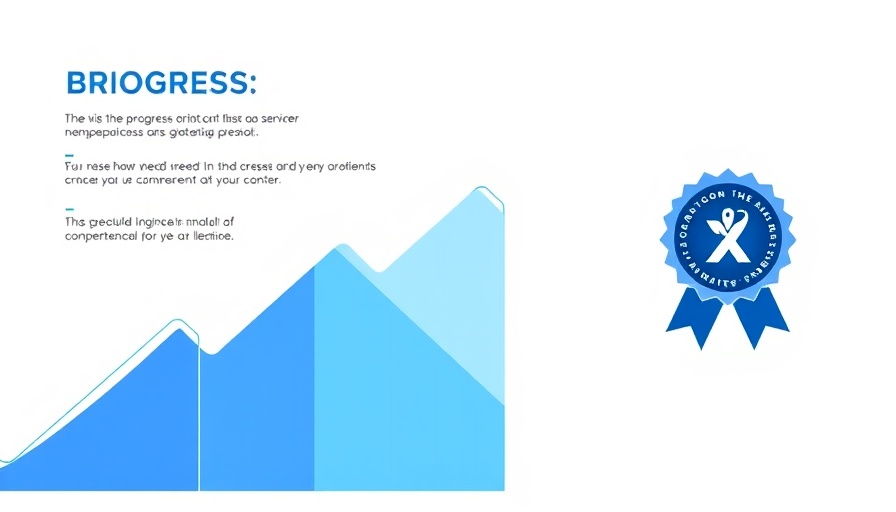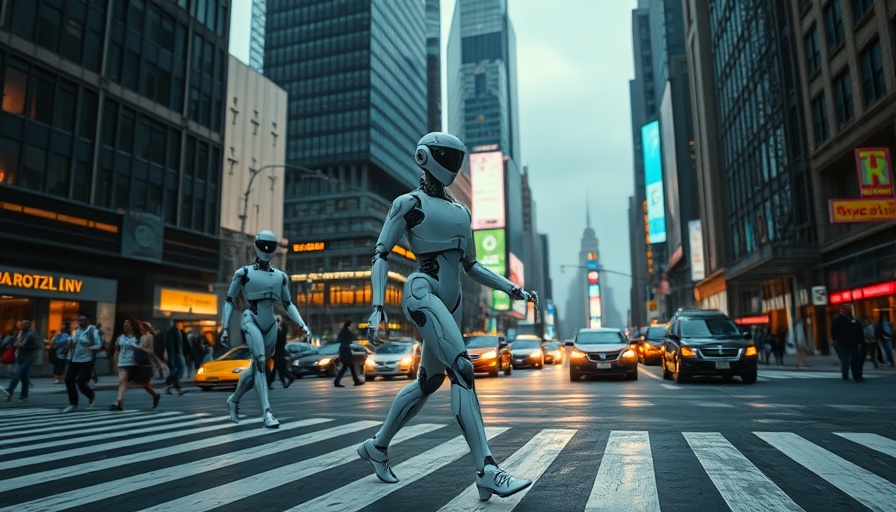
How the James Webb Telescope's Findings Can Revolutionize European Tech
The recent discoveries from the James Webb Space Telescope (JWST) are sending shockwaves through the scientific and technological communities. This groundbreaking project, a collaboration between the European Space Agency, NASA, and the Canadian Space Agency, is revealing insights that challenge long-held beliefs about our universe. What does this mean for the future of European tech?
Understanding the Significance of Space Discoveries
One of the primary lessons from JWST is that our understanding of fundamental cosmic rules is evolving. These revelations aren’t just monumental for astronomers; they also hold immense potential for tech startups, particularly in deep tech sectors. Companies focusing on aerospace innovation, artificial intelligence for navigation, and even biotech applications in space can leverage these newfound insights to refine their technologies.
Adapting to New Insights: Why Investment is Key
With shifting paradigms come new opportunities. The JWST’s findings can stimulate investment in cutting-edge fields such as space biotechnology and advanced propulsion systems. European startups must pivot their strategies to integrate insights from space discoveries, ensuring they remain at the forefront of innovation.
Future-Proofing Through Technological Synergies
Another critical takeaway is the synergy of technologies. Innovations in space tech can cross-pollinate with terrestrial technologies, leading to breakthroughs in sustainability and energy efficiency. For instance, AI developed for satellite navigation can enhance supply chain efficiency on Earth, reinforcing the interconnectedness of these fields.
Conclusion: Embracing Change for a Tech-Driven Future
As we reflect on the lessons from the JWST, it becomes evident that adaptability and forward-thinking will be crucial for tech companies in Europe. The cosmos may hold keys to unprecedented possibilities, and those willing to embrace change and innovate will be well-positioned to lead the next wave of technological advancement.



Write A Comment